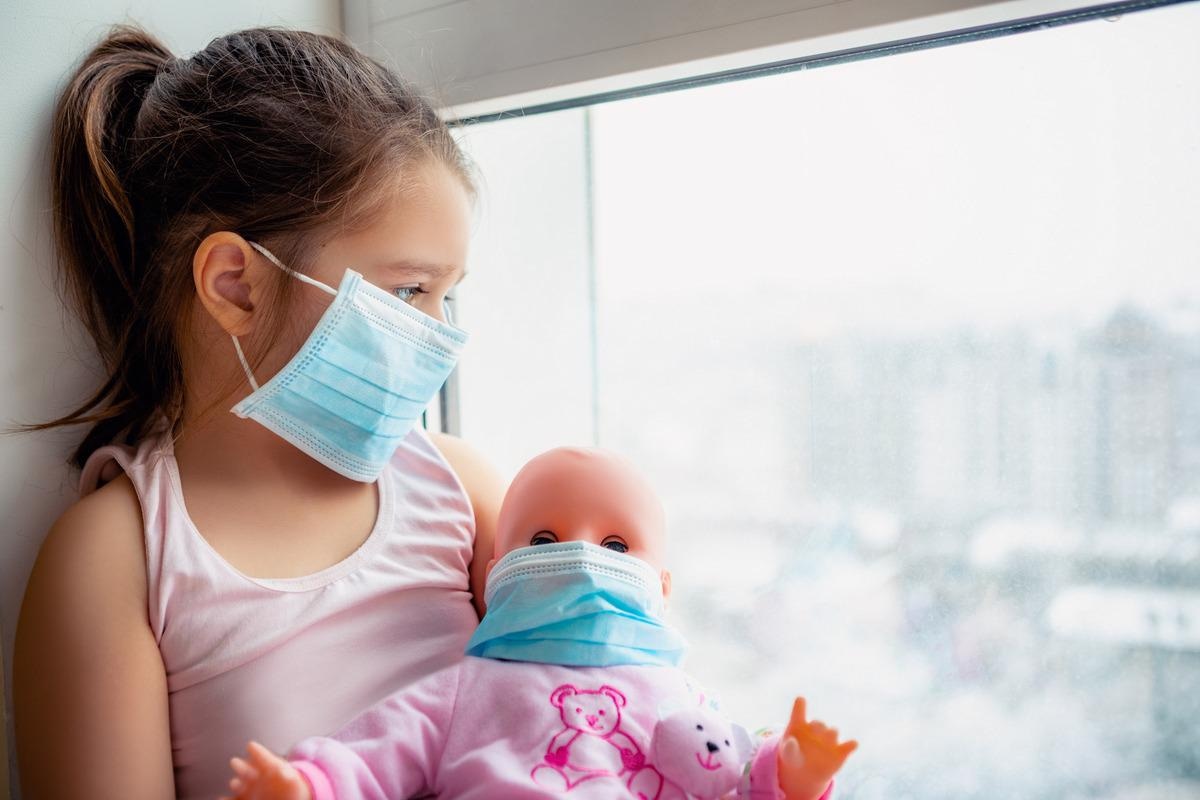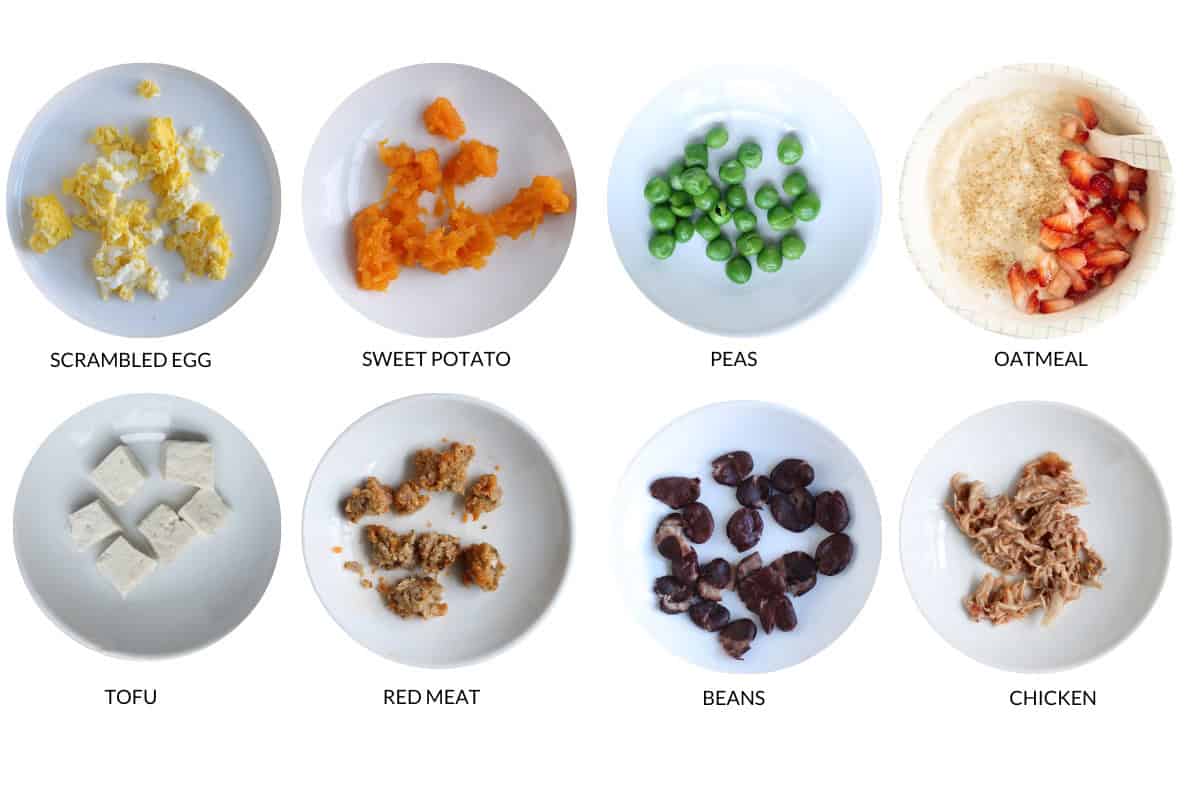An ongoing study is looking at the relationship between cytokines in saliva and COVID-19 infection to help predict the severity of infection. In a preliminary analysis of saliva samples from 150 children, the researchers found that levels of two cytokines were higher in those with severe COVID-19 compared to those without severe infection.
The study abstract, “Severity Predictors Integrating Salivary Transcriptomics and Proteomics with Multineural Network Intelligence in SARS-CoV2 infection in Children; SPITS-MISC,” to be presented at the virtual American Academy of Pediatrics 2021 National Conference & Exhibition, is looking at cytokines and microRNAs (non-coding RNAs) in saliva in children. These biomarkers may control the inflammation in the body once infected with the virus and help determine the seriousness of the infection.
Using saliva to predict severity of the infection is non-invasive and painless. If proven to be effective saliva may be a game changer in children in whom obtaining blood is both difficult and distressing. Additionally, early recognition of the severity of COVID-19 can help clinicians institute timely and appropriate treatment which may help improve outcomes.”
Dr. Usha Sethuraman of Central Michigan University and DMC Children’s Hospital of Michigan, Study Author
The majority of children with COVID-19 infection have had mild illness, but some children have developed severe complications such as respiratory failure or inflammation of the heart, the authors note. Cytokines are proteins found in blood and saliva that may be produced in response to an infection. Studies in adults have shown that certain cytokines are elevated in the blood of patients with COVID-19 and may predict how severe the illness will be.
Related Stories
The goal of the study is to be able to identify children at risk for severe disease by integrating these biomarkers and social determinants of health using artificial intelligence. Dr. Sethuraman, Dr. Steven D Hicks of Penn State College of Medicine, and Dr. Dongxiao Zhu of Wayne State University are obtaining saliva samples from 400 children ages 18 and younger with COVID-19 infection who seek emergency medical care at two children’s hospitals: Children’s Hospital of Michigan and UPMC Children’s Hospital of Pittsburgh. Analysis of saliva samples is being performed at Penn State College of Medicine and model development using artificial intelligence is being performed at Wayne State University.
In addition to finding that levels of two cytokines (MIG and CXCL-10) in the preliminary analysis were higher in those with severe COVID-19 compared to those without severe infection, dozens of microRNA levels were found to be altered, with the majority of them being significantly lower in the saliva of children with severe infection. Ongoing analysis will seek to validate these results and confirm the importance of saliva cytokines and microRNAs, combined with social factors, including where children live.
The study was supported by a grant from the Eunice Kennedy Shriver National Institute of Child Health and Human Development through the National Institutes of Health’s Rapid Acceleration of Diagnostics program (1R61HD105610).
Dr. Usha Sethuraman will present the study on Oct. 8 at 3.01p.m. CT.
Welcome to ParentingBlog. Here you will find information about pregnancy, parenting, baby tips, nutrition, health and more. We have tons of videos, articles, tips, and advice. All found in one place! Enjoy!
Shop our online store for the best deals in beauty, health, and more. SHOP NOW.



















Add comment